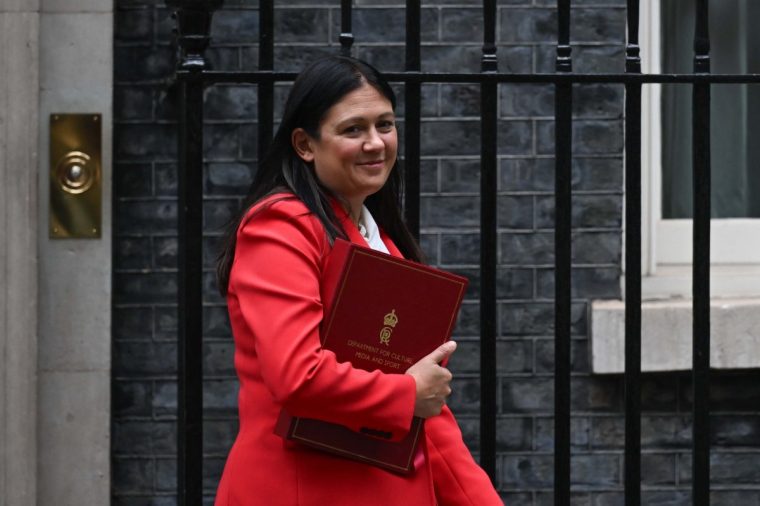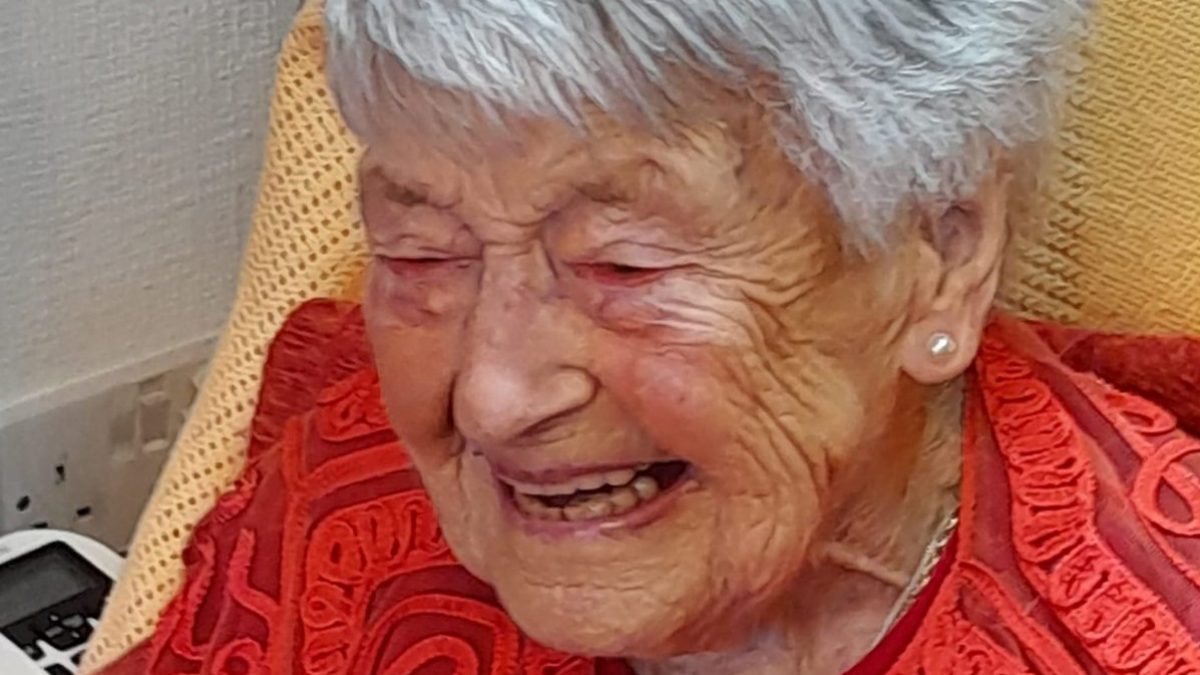Since the BBC ended universal free TV licences for over-75s in 2020, it has sent repeated letters to older pensioners despite not following through with prosecutions
An 89 year-old widower has received 53 “threatening” letters for non-payment of the TV licence despite the BBC operating an unofficial “amnesty” for elderly people it believes are evading the charge.
David, who lives in Sheffield, told The i Paper he feels “bombarded and harassed” by the mounting letters, which threaten action up to prosecution if he does not pay the £174.50 TV charge.
Having previously received a free licence until the BBC ended the concession for over-75s in 2020, David said he will not pay the sum and is calling for the benefit to be restored. “I have no intention of giving in,” he said.
TV Licensing is continuing to send warning letters to pensioners like David, despite the BBC apparently having no intention of following through on threats to prosecute for non-payment.
Ministry of Justice figures show that the BBC is yet to prosecute anyone over 75 found not to be paying the £174.50 annual charge, data obtained by The i Paper found.
Dennis Reed, director of Silver Voices, the campaign group for pensioners, said: “No way in a month of Sundays would it ever be in the public interest to prosecute David for non-payment, so why waste licence payers’ money in sending him so many letters?
“The increase in threatening letters sent to unlicensed properties shows the decrease in public consent for the flat rate licence fee.”
TV Licensing said it would not stop sending letters to pensioners, despite rising Royal Mail postage fees contributing to a 15 per cent increase in the cost of collecting licence fees in 2024/25, from £145.4m to £165.6m.
The agency sent 41m warning letters to British households last year, a 13 per cent increase on the 2022/23 figure.
But there is currently no plan for TV Licensing to move to a “paperless” system, which could save millions of pounds, a spokesperson said.
TV Licensing said: “Letters remain a cost-effective way of reminding unlicensed customers that they may need a TV licence. Our mailing campaigns are tested to ensure they deliver a return on this investment and each is routinely reviewed.”
Although more than three in five customers now receive their licence by email and the BBC tries to use electronic communications whenever possible, “there remains an ongoing need for physical mailings.”
 Culture Secretary Lisa Nandy is concerned that women are disproportionately prosecuted for licence fee non-payment (Photo: Rasid Necati /Getty)
Culture Secretary Lisa Nandy is concerned that women are disproportionately prosecuted for licence fee non-payment (Photo: Rasid Necati /Getty)
TV Licensing rejects claims that it is sending “harassing” letters to the elderly.
“We have a duty to collect the licence fee and enforce the law. As part of this, we send letters to unlicensed addresses to inform the occupants that they may need a TV licence,” a spokesperson added.
The BBC has not confirmed an “amnesty” for over-75s who don’t pay, but sources said it was unofficial policy.
The number of over-75s claiming a free licence increased by 50,000 to 825,000 in 2024/25, the latest BBC Annual Report disclosed.
It comes after older people scrambled to apply for pension credit following the Government’s initial decision to means-test winter fuel payments. Pension credit gives claimants access to winter fuel and a free TV licence.
The concession is costing the BBC £185m a year but the figure is still lower than the £745m the corporation estimated that keeping universal free licences for over-75s would cost.
A TV Licensing spokesperson, speaking on behalf of the BBC, added: “Achieving best value is central to our work, and we aim to keep our collection costs as low as possible.”
“The majority of letters we send are to unlicensed households to remind them that they may need a TV Licence, and we work to ensure all of our mailing campaigns are cost-effective.”
When TV Licensing contacts unlicensed addresses, either by letter on an in person visit, they often do not have the details of the individuals who live there.
The letters initially set out the steps to take to get licensed and the help and support available. If these go unanswered, subsequent letters communicate the risks of evading, the body said.
The evasion rate for 2024/25 is estimated to be 12.52 per cent of those who require a licence, according to BBC documents. Around nine in 10 people in the UK are currently correctly licensed, the BBC claimed.
The i Paper has previously reported that one pensioner, Aileen Boor, from Stockport, was pursued with letters threatening action, up to her death at the age of 100. Her daughter said Mrs Boor had “picked out her outfit” she planned to wear in court.

